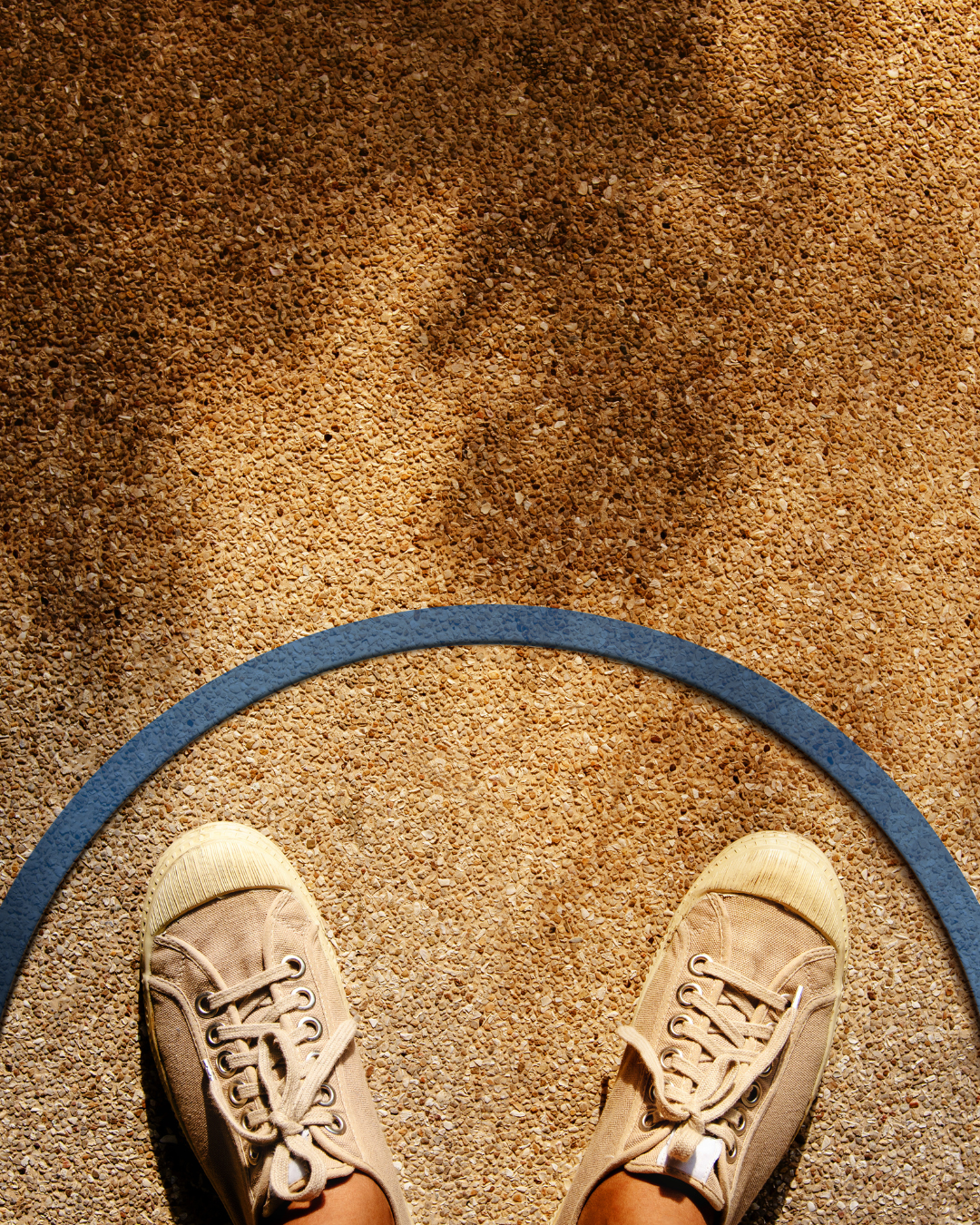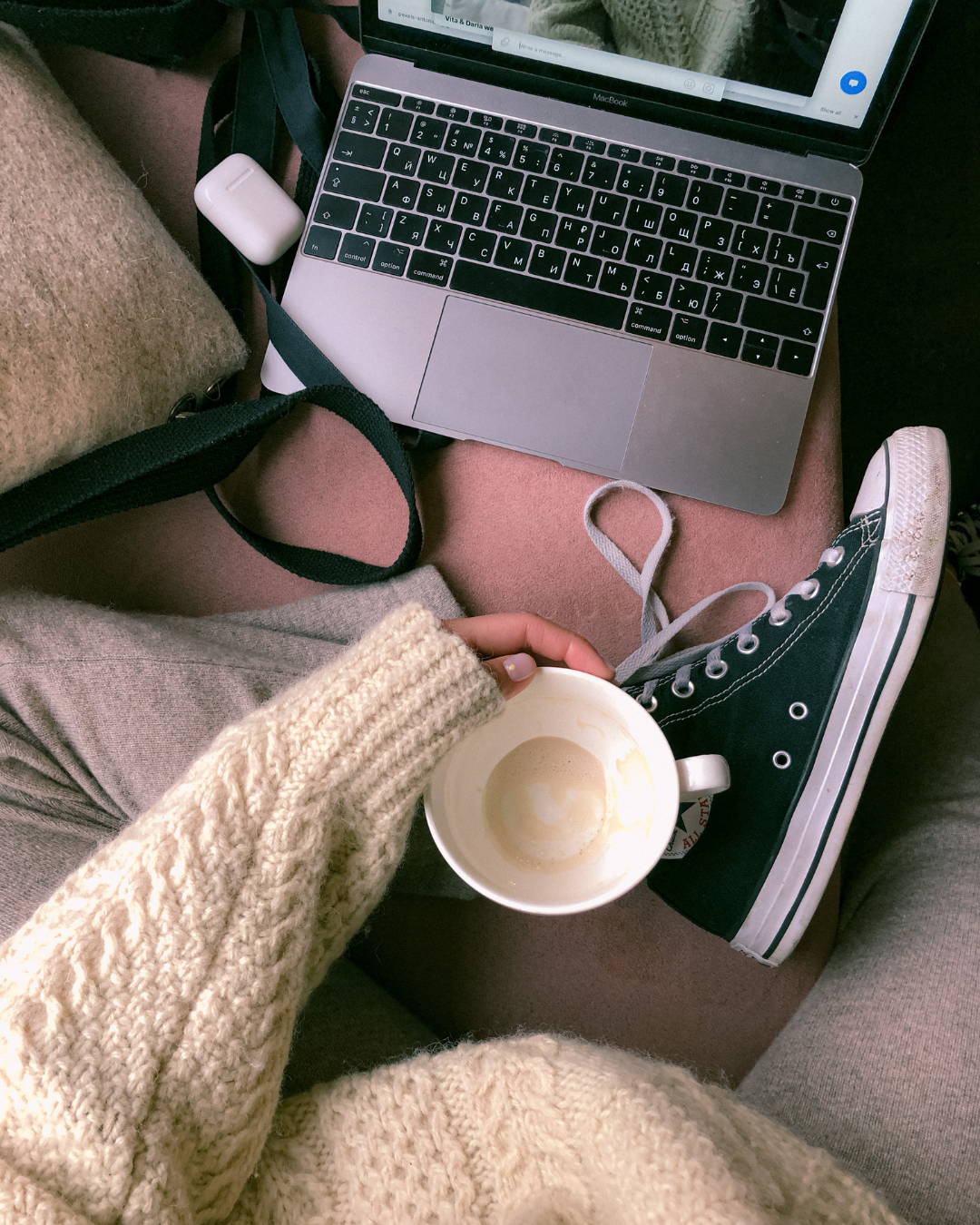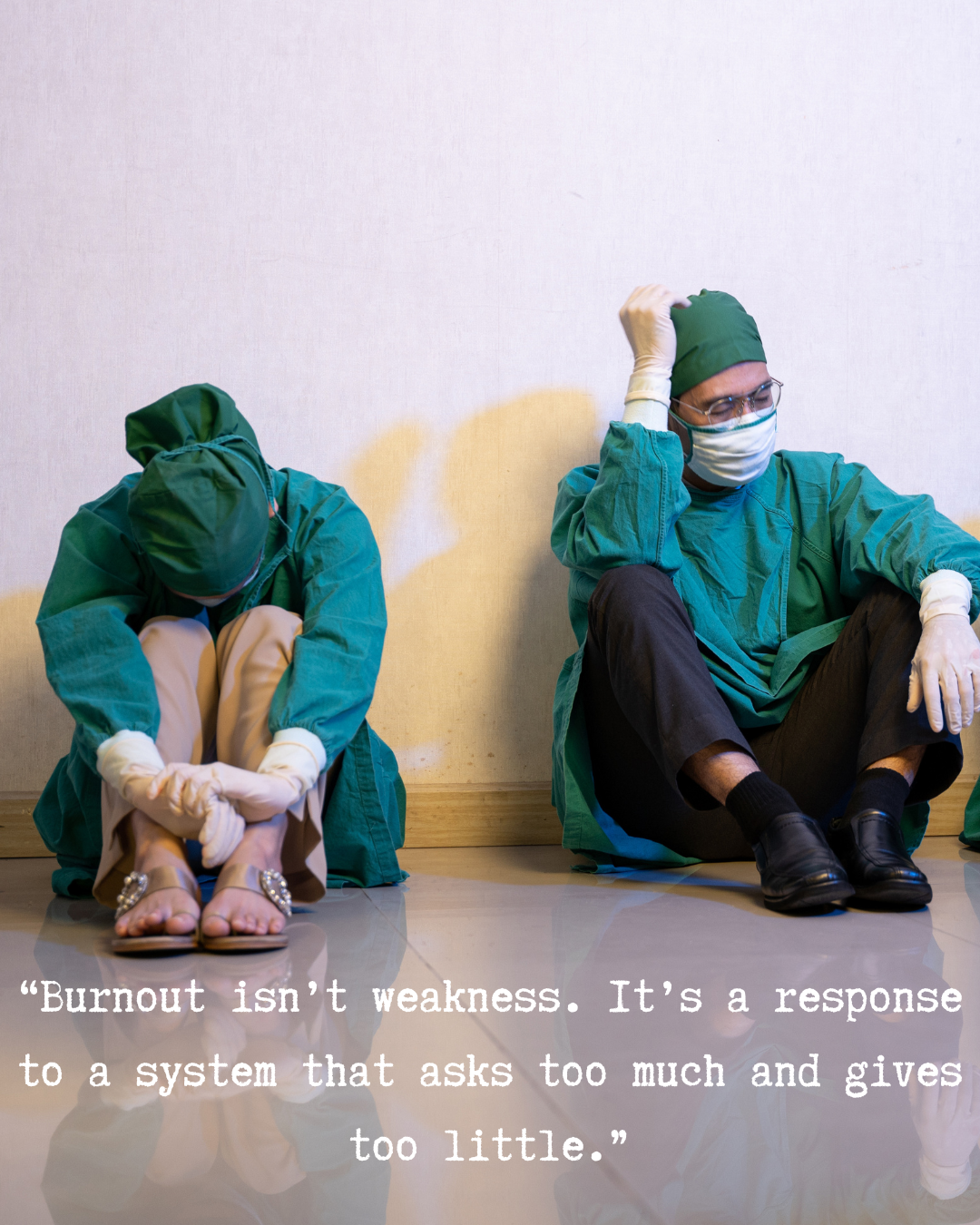
How to Set Boundaries at Work Without Spontaneously Combusting
I used to think boundaries were for people who wore linen and drank herbal tea. You know, the ones who replied to emails on time, said no without breaking into a full body sweat, and somehow left work at 5 p.m. without dragging the weight of the entire NHS behind them.
Turns out, boundaries aren’t a luxury. They’re a survival skill - especially in healthcare and social care.

Burnout Isn’t Your Fault -But Recovery Is Your Responsibility
Let’s start with the uncomfortable truth.
You didn’t burn out because you weren’t resilient enough.
You didn’t burn out because you didn’t meditate enough.
You burned out because you were working in a system that rewards self-abandonment and calls it “professionalism.”

What Burnout Recovery Actually Looks Like (Spoiler: It’s Boring, But It Works)
Here’s a hard truth no one tells you when you're spiralling into burnout: recovery is deeply unsexy.
There are no confetti cannons. No dramatic breakthroughs. No euphoric walk into the sunset where everything finally makes sense.
Mostly, it’s boiled eggs. Saying no to things that technically sound fun. Crying in the bath and then cleaning the bath because your brain couldn’t handle the chaos. It’s unlearning the belief that your worth is tied to your output. It’s small, boring choices that add up slowly.

How to Recover from Burnout: The First Step (and Why It’s Not a Spa Day)
You can’t bubble bath your way out of systemic overwhelm. And you definitely can’t gratitude-journal your way through emotional depletion if your nervous system is fried and your brain feels like it’s buffering.
Burnout is not just tiredness with better branding.
It’s not a bad day.

A Letter to New Healthcare Graduates: What I Wish I'd Known About Burnout
You don’t need to earn your place in the profession through suffering. You’re already enough.
So go forward. Be kind. Be curious. Set boundaries. Drink water. And if you ever find yourself crying in the staff toilet wondering how it all got so heavy - come back here. Read this again.
You've got this. And if you don't? That’s okay too. We’re building a space where it's safe to be honest about that.
Here’s to your new career. And here’s to keeping you intact while you do it.

When Burnout Starts To Look Like Trauma
I didn’t realise I was burning out until people started pointing out that my usually sharp memory was doing an uncanny impression of a sieve. And I might default response to anything (good or bad) was to cry.
But here’s the truth: I wasn’t just burnt out. I was beginning to experience symptoms that looked a lot like trauma.

The Sneaky Signs of Burnout You Shouldn’t Ignore
It crept in quietly, like damp in a poorly ventilated staff room. At first, it was just a few off days. Then a few more. Then suddenly I couldn’t remember the last time I felt fully human.
If you're reading this and thinking, "Same," then allow me to put into words what your brain might be too frazzled to Google.

No One Told Me What Burnout Was - Until It Was Too Late
Let’s just get this out of the way: burnout isn’t just stress.
Stress is, "I've got a lot on today."
Burnout is, "I can’t remember the last time I felt like myself, and if one more person emails me about a meeting that could simply just be communicated through an email, I will throw my laptop into the sea."